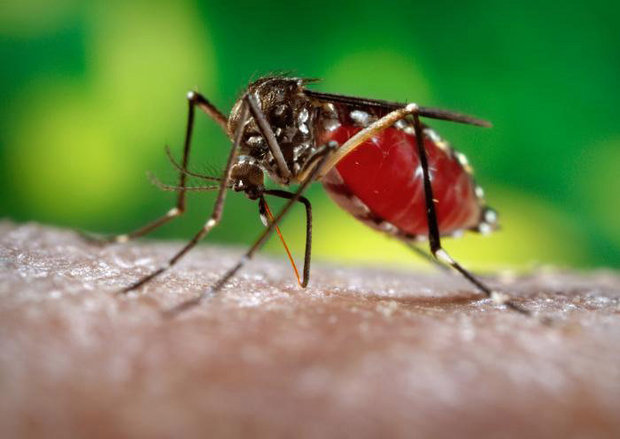Few people know that Malaria was discovered here in Panama back in the days when the United States was building the Panama Canal and had to deal with the unknown disease that killed so many people here. What transpired was one of the most heavily regulated country in the world that takes infectious diseases very seriously.
Panama is focused on fighting the Zika virus carrier, the Aedes aegypti mosquito, in order to keep the disease from spreading outside the indigenous community on the Colombian border where 50 cases have been confirmed, a senior public health official said Tuesday.
“This fight is not against Zika. It’s a fight against the mosquito,” Health Ministry Director-General Itza Barahona said.
He said that eliminating the mosquito requires a “community effort” and such measures as getting rid of stagnant water, making sure lids are adequately closed on containers of water for human and animal use, cleaning weeds and trash from homes and their surroundings, along with other precautions.
“This is nothing new, it’s the fight against the same mosquito” that transmits dengue fever, “which we have all over the country,” Chikungunya, “of which no cases have been reported this year,” and now Zika, of which there are “50 confirmed cases and some suspected cases,” Barahona said.
In that sense, she said it “didn’t come as a surprise” to Panama that the World Health Organizion declared on Monday a “public health emergency of international concern” with clusters of possibly Zika-linked birth defects in Brazil and in French Polynesia.
Since Dec. 3, with the confirmation of the first case of Zika in Panama, a national alert has been in force, and on Dec. 7, 2015, the indigenous communities of Guna Yala province were decreed an epidemic zone, Barahona said.
Last week, health authorities recommended that women of child-bearing age in Guna Yala put off getting pregnant until some later date.
On Jan. 18, authorities said that a pregnant woman infected with Zika in Guna Yala showed no symptoms of the illness, and that the fetus was doing well.
Guna Yala is one of Panama’s most popular tourists areas, so the thousands of visitors expected to arrive for the Carnival festivities starting next weekend are being recommended by health authorities to use anti-mosquito sprays and wear light-colored, long-sleeved clothing and boots.
